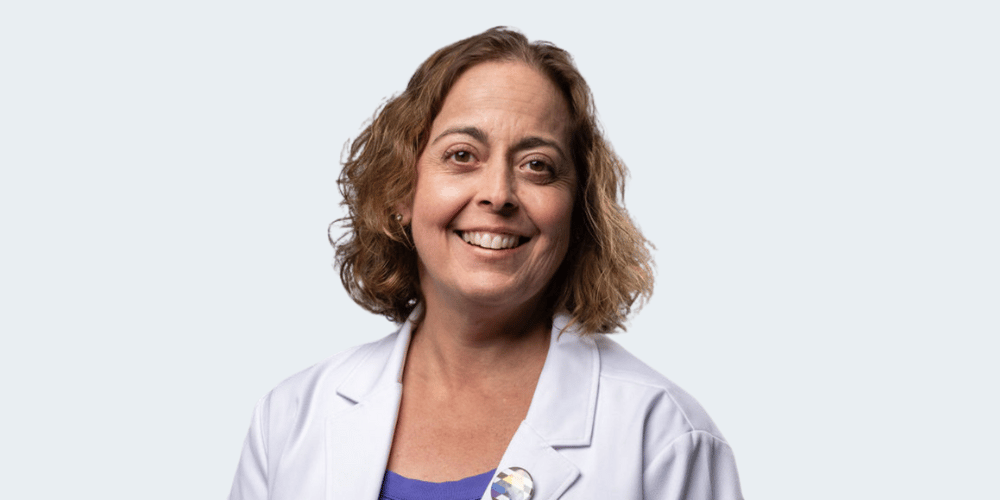Food poisoning is mostly caused by bacteria. The most common bacteria that cause food poisoning include Salmonella, campylobacter, listeria, and E. coli. These germs contaminate food in different ways. Germs can live on or inside the food. If not cleaned or cooked properly, germs may still be on or inside the food you eat, causing illness. People who do not wash their hands, and then prepare food can spread the germs that cause food poisoning
Foods can contaminate one another on cutting boards such as cutting fresh vegetables on a designated meat cutting board.
Sometimes parasites contaminate food causing illness. Parasites are organisms that cause illness and are usually found in contaminated water or food. Common parasites that can cause food poisoning in the United States include Giardia and Cryptosporidium.
Foodborne illnesses can be caused by many types of germs. Bacterial and viral causes of food poisoning are the most common causes of contamination in this country. Food poisoning can be caused by infections such as:
-
Typhoid fever (more common outside of the United States)
-
Campylobacter, Salmonella, Clostridium or E. Coli bacterial infections
-
Listeria
-
Shigella
-
Giardia
-
Cryptosporidium







